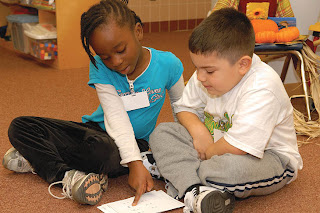Perspectives on Diversity and Culture
Culture is the traditions, religions, holidays, and behaviors of the population.
Diversity is the how you describe the differences between the people and their cultures.
Words of a fourteen year old American high school girl
Culture is things that represent what our communities do.
Diversity is the uniqueness in each other.
Words of a Sri Lankan adult, male
Culture is everything what someone does in everyday of his/her life.
Diversity is everything all the differences that we notice and not notice about someone’s life.
Words of a childcare provider, female and adult
- Then reflect on the answers you received and ask yourself:
I do not believe that there is right or wrong answer to these questions. These are two words some people take very seriously and some take quite loosely. The meanings of these words depend on the interpretation by the individual. At the same time the interpretations explain the tolerance levels and the exposure of the people to different cultures.
A child who attends an International school in Michigan, the description of her words explains the exposure she has in relations to the environment that she is in. She is around children from different countries of the world. She gets to hear different stories from them on the topics of diversity and cultures.
For an adult male his descriptions are simple and less words. This shows that he is to the point and not a world more. And he is a person from a different country and this show in his views of the topic.
For a female childcare provider who deals with the children from all over the world. It is her own definition.
I believe that it is up to the individuals to come to their own definitions, for me personally Culture is everything. How we function in our daily life has a lot to do with our home culture. Race, religion, language, sexual orientation, and there is much more to the world culture and the diversity is all in the mix of all tolerating all the above and more.
Where culture is, where you find diversity. If we understand the importance of both of these words, the word PEACE would be a much popular and realistic on earth. We as human beings have to understand that we all belong to one race and it is human race.
This assignment gave us the opportunity to listen to the people around us regarding the words diversity and culture.

































